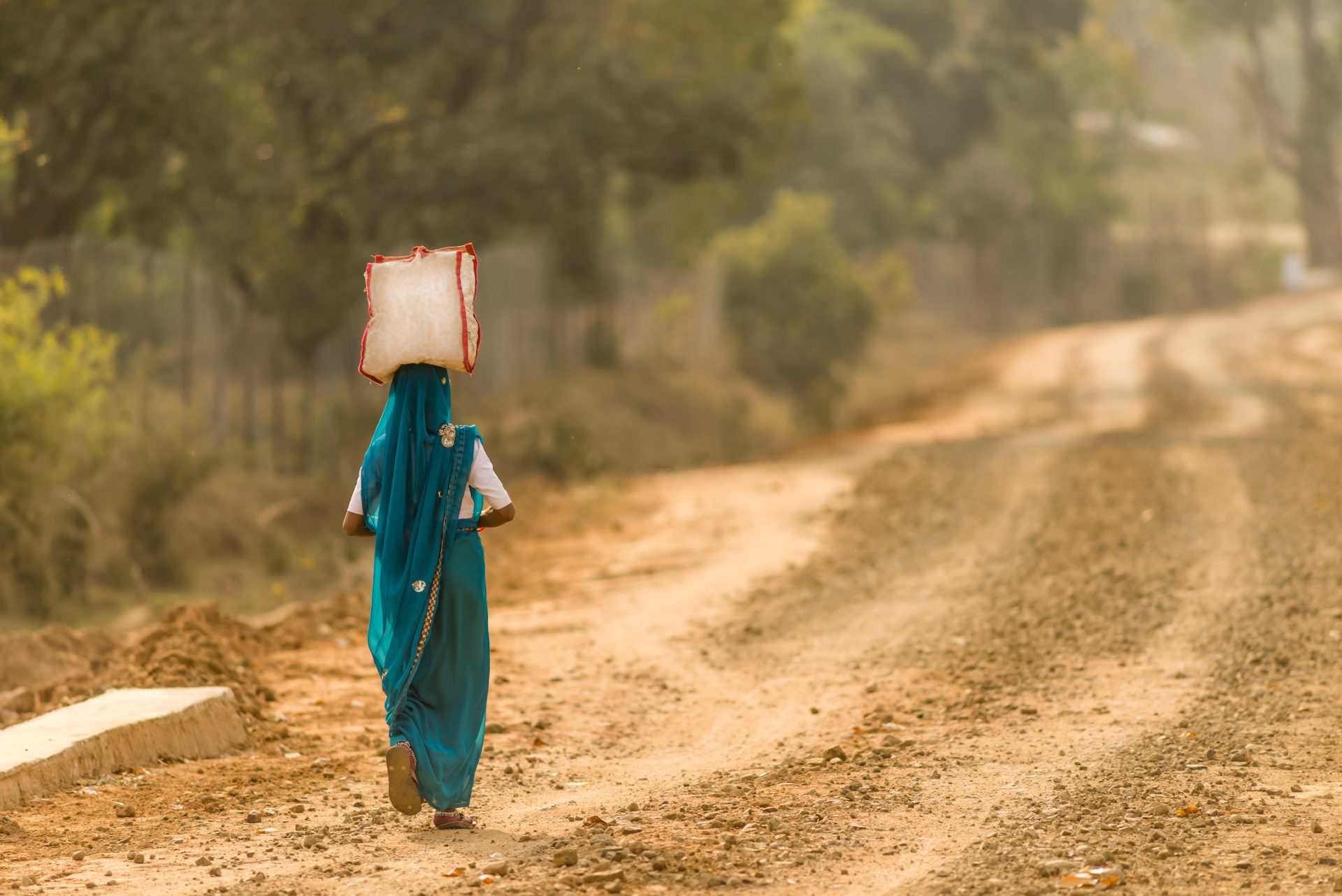Saba Rajkotia
3rd April 2020
On the 24th of March, Prime Minister Narendra Modi announced an unprecedented 3-week nation-wide lockdown to combat the Coronavirus. Although this was an essential step needed to prevent the spread of the virus, it is having unintended yet devastating effects on the nation’s poor and vulnerable.
Al Jazeera’s Kunal Purohit spoke to Manisha Uke, a farm worker who depends heavily on receiving her daily wage of 100 Indian rupees and her widow’s monthly pension of 1000 rupees from the government. After the outbreak of Coronavirus in India, both Manisha’s sources of income are no longer available. Since the enforcement of the lockdown, Manisha has run out of food and money. “So, I started feeding my three young girls rice with a chutney, made of crushed onions or tomatoes’, she says.
After finding work for one day in a neighbouring village, she was able to buy groceries from a market 10 kilometers away. But she incurred travel costs, and just getting to the market cost her three times her daily wage – 300 rupees. “So, I gave him my necklace to keep, till I can pay him back”, she said. This illustrates just how desperate the situation is becoming for India’s poor. All across the country, families in rural India will struggle to support themselves during this lockdown period – some are risking the threat of police violence in order to go out and earn money to survive.
Speaking to Al Jazeera, Manisha says “I feel ashamed saying this but I don’t think I have even 100 rupees left with me. Modi should tell us how people like me are supposed to survive in this lockdown”.
The Modi government announced a $22.50bn relief package for the long-standing government food security programme in order to help the poor support themselves during the lockdown. Through this program, free food is supposed to be distributed to 800 million families, 30 million senior citizens are to receive 1000 rupees cash transfers, 200 million women to receive 500 rupees cash transfers, and free gas cylinders are to be given to families for the next three months. However, these emergency measures have not yet been implemented and it is questionable whether they can be executed in time.
The conditions of lockdown will make it very difficult for India’s poor to reap the benefits of this package, even if it is implemented successfully. “How am I supposed to reach the bank, more than 10 kilometres away to claim the cash transfers now that they shut the public transport too? I will have to pay more for the travel fare than what I get”, said Manisha.


